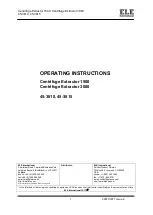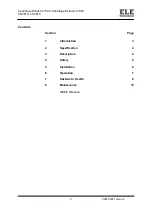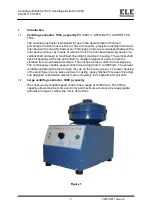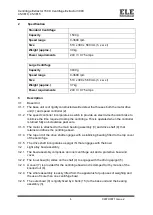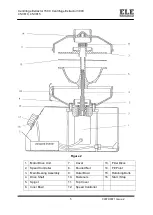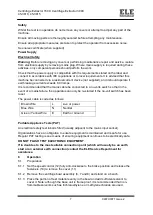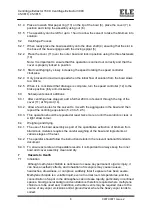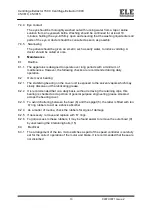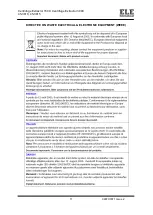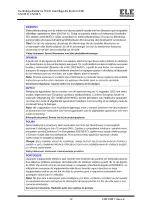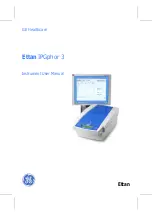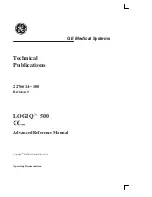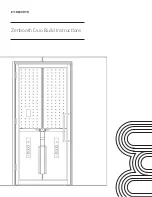
Centrifuge Extractor 1500, Centrifuge Extractor 3000
45-3810, 45-3815
9
9907X0071 Issue 2
The vapor may flow into underground pits etc., and will be slow to disperse there or in
enclosed vessels or other confined spaces. Such pits and enclosed vessels must only
be entered when wearing breathing apparatus, with a colleague in attendance, and
after authorization by a responsible person. Refer to local safety standards.
7.2 Contact with the skin and eyes
Methylene chloride is a powerful solvent and can readily remove the natural grease
from the skin. Methylene chloride (or any other solvent) may cause dermatitis.
Absorption through the skin could produce the same effects as inhalation but under
normal conditions the methylene chloride will evaporate so rapidly that absorption will
not occur. However, absorption could occur if methylene chloride remains in contact
with the skin for a prolonged period of time e.g. by saturation of clothing. Splashes of
methylene chloride liquid in the eyes can be painful and cause irritation, but it is
unlikely that any serious or permanent injury will result. The hazards of both skin and
eye contact may be increased by the presence of any thickener or film-forming agent
in the methylene chloride which may prevent its rapid evaporation.
Working procedures should be designed to avoid the chance of personnel being
splashed with methylene chloride. However, where intermittent contact cannot be
avoided, protective clothing, e.g. splash proof goggles, gloves and aprons made from
polyvinyl chloride, nitrile rubber, or neoprene should be worn.
7.3 Ingestion
The swallowing of small splashes of methylene chloride is unlikely to cause any
significant reaction, though larger amounts could cause internal irritation, nausea,
vomiting and diarrhea and could lead to drowsiness and unconsciousness.
7.4 First aid and medical attention
7.4.1 General
Any person showing signs of exposure to methylene chloride should be carried to a
fresh atmosphere and should be kept warm and quiet. Medical attention should
always be sought.
7.4.2 Inhalation
If a patient is conscious he/she should be made to lie down and should be kept warm
and quiet until examined by a doctor. Under no circumstances should the patient be
allowed to resume work or to be taken home until permission is given by the doctor.
If the patient is unconscious, a doctor must be called at once. Oxygen should be
administered through a face mask. If breathing stops, or becomes irregular, apply
artificial respiration and continue oxygen inhalation. When the patient recovers
consciousness he/she must be kept warm and remain lying down until examined by a
doctor. The patient must not be taken home until permission is given by a doctor.
7.4.3 Skin contact
Methylene chloride will normally evaporate readily from the skin and any items which
prevent rapid evaporation, e.g. clothes wet with methylene chloride, should be
removed at once. If the methylene chloride contains thickeners or film-forming resins
which could prevent its rapid evaporation, the affected areas of the skin should be
washed with warm soapy water. Application of suitable replenishing creams will
restore some grease to the skin, thereby giving some relief.

